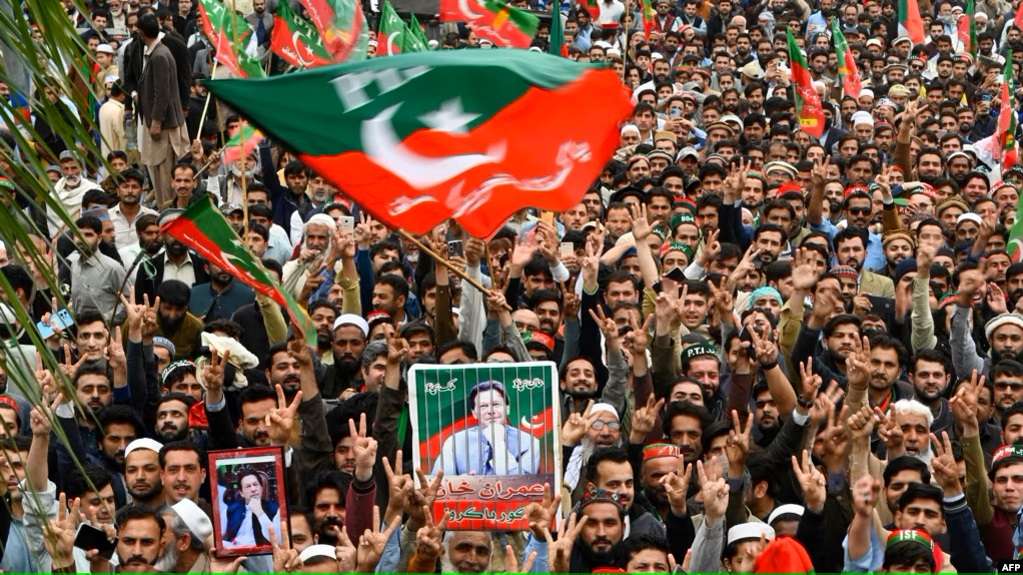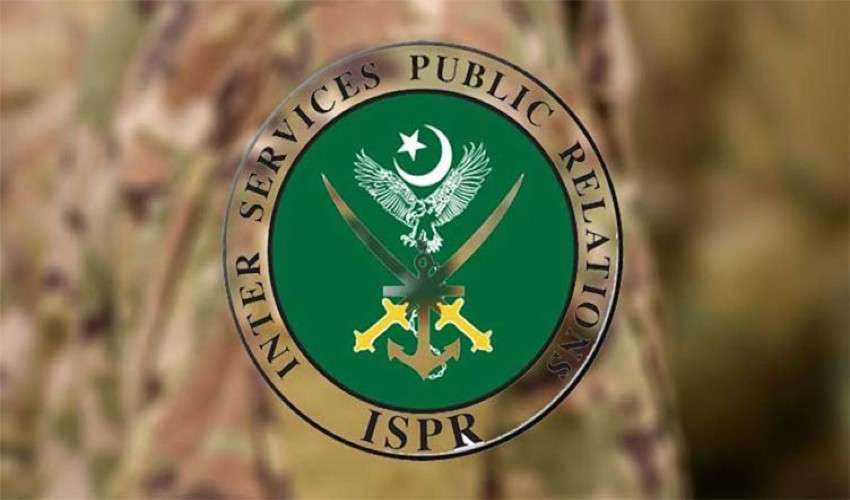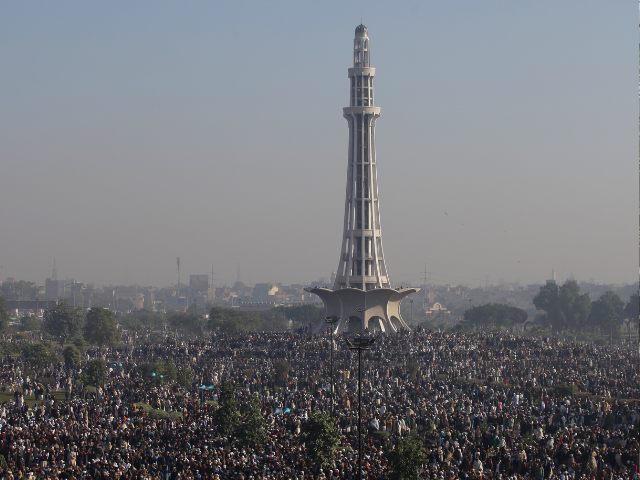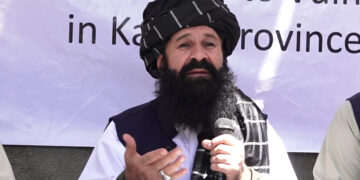PTI, unable to participate in recent elections due to a prohibition on their electoral symbol, instructed its candidates to join the right-wing fringe religious party to enhance its numerical strength in the National Assembly.
In its 22-page ruling issued on Monday, the five-member electoral body voted 4-1 that the SIC failed to submit a party list for reserved candidates before the ECP’s deadline of February 22, which was two weeks after the February 8 election.
Pakistan’s National Assembly has 70 reserved seats distributed among parties based on their performance in the general elections. Similarly, the four provincial assemblies have a total of 149 reserved seats distributed in a similar manner.
Most of these reserved seats have been allocated, with around 77 currently vacant.
PTI has criticized the ECP decision, describing it as an attack on democracy.
“This is the ultimate assault on the heart of democracy,” said Senator Ali Zafar of PTI, a senior party lawyer, during a speech in the Senate, the upper house of the assembly, on Monday after the decision was announced.
The ECP’s ruling sets the stage for an extended legal dispute, as PTI has declared its intention to contest the decision in superior courts.
Yet, if PTI is unsuccessful in reversing the ruling, it could weaken its standing in the lower house of parliament, potentially enabling the ruling coalition to secure a two-thirds majority in the 336-seat National Assembly.















